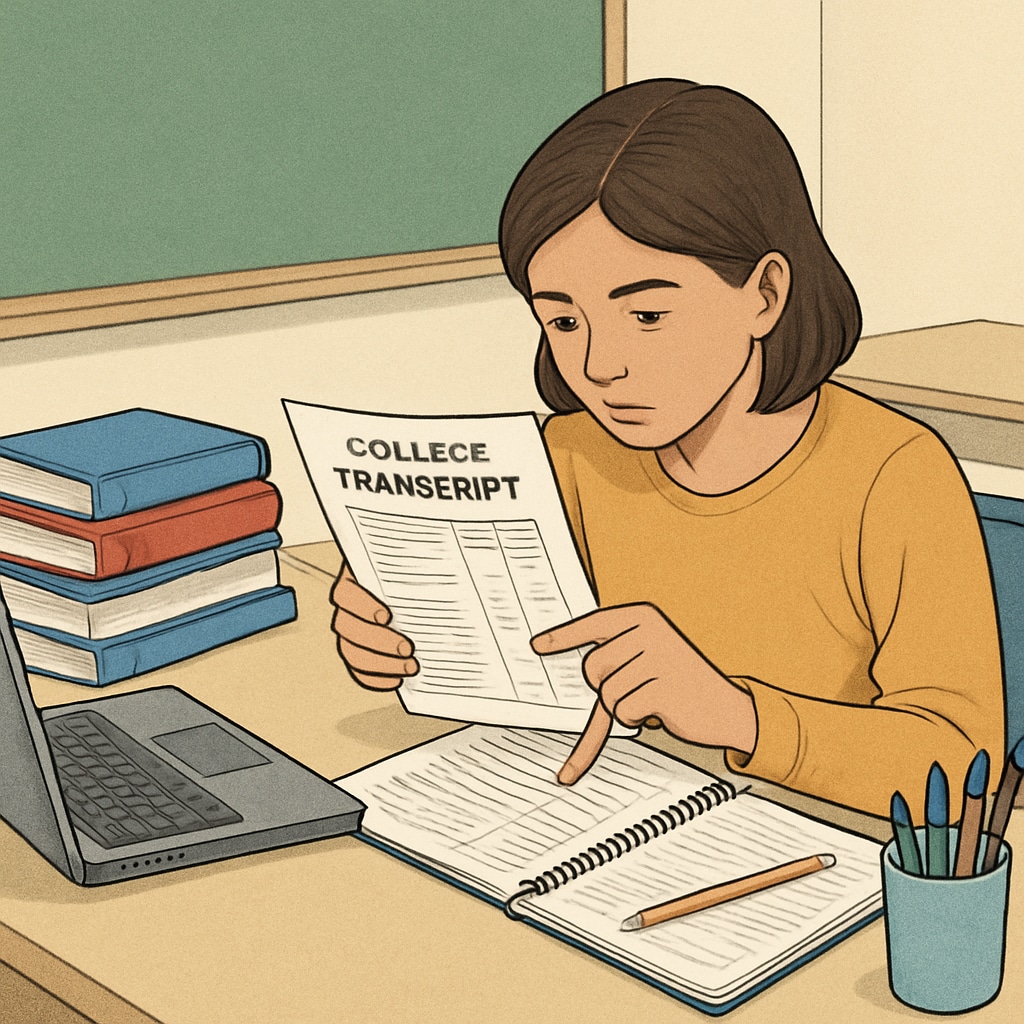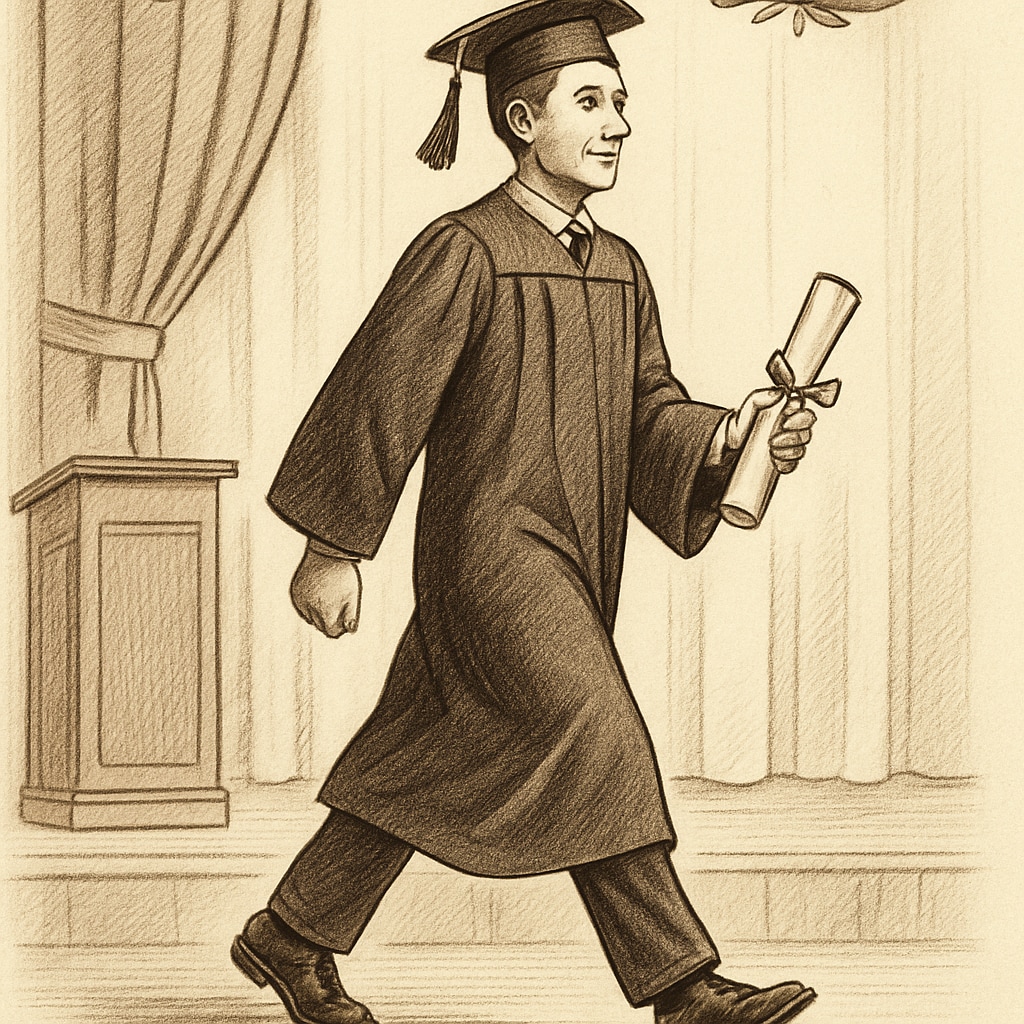For students with significant college credits but an incomplete degree, financial constraints and academic obstacles can feel insurmountable. However, there are actionable strategies to help you reclaim your academic journey and finally earn your bachelor’s degree. This article explores options like credit transfers, alternative degree programs, and financial aid solutions to ensure you can move forward without starting from scratch.
Maximizing College Credits Through Transfers
One of the most effective ways to complete an unfinished degree is by transferring existing college credits to an institution that accepts them. Many universities and colleges offer transfer-friendly policies, allowing students to leverage their prior coursework toward degree requirements. However, not all credits are transferable, so it’s essential to research schools with flexible credit evaluation processes.
In addition, online universities and competency-based programs often provide more lenient transfer policies. For example, online education platforms have become increasingly popular due to their ability to accommodate diverse student backgrounds.

Exploring Alternative Degree Pathways
If transferring credits is not feasible, alternative degree pathways could provide the solution. Accelerated programs, prior learning assessments (PLA), and degree completion initiatives are tailored for students seeking to finish their education quickly and efficiently. For example, some universities offer “degree completion programs,” specifically designed for adults who have substantial credits but no degree.
Another option is competency-based education (CBE), which measures your knowledge rather than the time spent in class. These programs allow students to earn credits for skills and experiences gained outside traditional classrooms, such as work experience or military service.

Financial Aid Solutions for Students in Need
For many individuals, financial hardship is the primary barrier to finishing their degree. Therefore, exploring financial aid opportunities is crucial. Scholarships, grants, and federal aid programs can reduce the financial burden significantly. Websites like FAFSA (Free Application for Federal Student Aid) are excellent starting points for determining eligibility for government-funded aid.
Additionally, consider applying for scholarships specifically geared toward nontraditional students or those returning to college after a break. Some employers also offer tuition reimbursement programs, which could help offset costs while balancing work and studies.
Practical Steps to Take Today
To start your journey toward completing your degree, consider these actionable steps:
- Request transcripts from your previous institutions to evaluate transferable credits.
- Research universities or programs that align with your academic goals and credit history.
- Apply for financial aid early to secure support for tuition and related expenses.
- Explore flexible learning options, such as online courses or part-time programs.
As a result, you’ll be well-positioned to overcome obstacles and achieve your academic aspirations.
Completing a bachelor’s degree with existing college credits is achievable, even in the face of financial challenges. By leveraging credit transfers, exploring alternative pathways, and seeking financial assistance, you can turn your unfinished degree into a stepping stone for future success.


